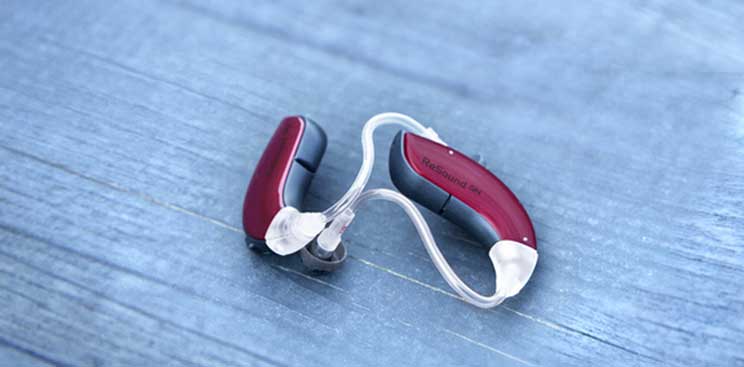
Hearing aids can help restore the world of sound to your ears, but it is important to take good care of them so that they continue to function to the best of their ability. You can do so by following these simple steps on a regular basis.
People often assume that their hearing aid batteries will last very long and refrain from checking it. It is important to know that batteries of your hearing aids can last approximately 1-2 weeks, depending on the type of hearing aid you wear. You can invest in a battery tester that can help check your battery level for you so that you do not run out of battery at a crucial moment.
Always be sure to keep extra batteries with you so that you always have a back up. Store your hearing aid batteries in a cool and dry environment to prevent any damage. After they reach the end of their usability, make sure to dispose of them appropriately since they tend to be toxic especially in large quantities.
Clean your hearing aids periodically with a clean, gentle, and dry cloth. Make sure to wash all detachable earmolds using a gentle solution made with soap and water. It is best to air dry your hearing aids after cleaning them but refrain from using a hair dryer as this may damage the hearing aids. Make sure each and every part of your hearing aid is absolutely dry before you reattach them prior to use.
Moisture of any kind can be detrimental for your hearing aids. It is therefore best to store your hearing aids in an air tight container if you live in moist, humid climate. You can also purchase drying containers for your hearing aids that prevent moisture from accumulating as well as increasing the longevity of the hearing instruments. Always remove your hearing aid batteries before storing them.
People often neglect getting their hearing aids checked regularly for maintenance. This is necessary to ensure that no damage has occurred to them. In case you hear any unusual sounds such as whistling or hissing noises, you may have an issue with your hearing aids that need to be checked since it may be an indication of feedback. Sound feedback occurs when the sounds that are exiting the earmold erroneously get recaptured by the microphone just a few moments afterwards. This usually occurs if the earmold is excessively small or there may be an accumulation of excessive earwax within your ear canals. Make sure you mention your concerns during your next visit to the hearing specialist.

